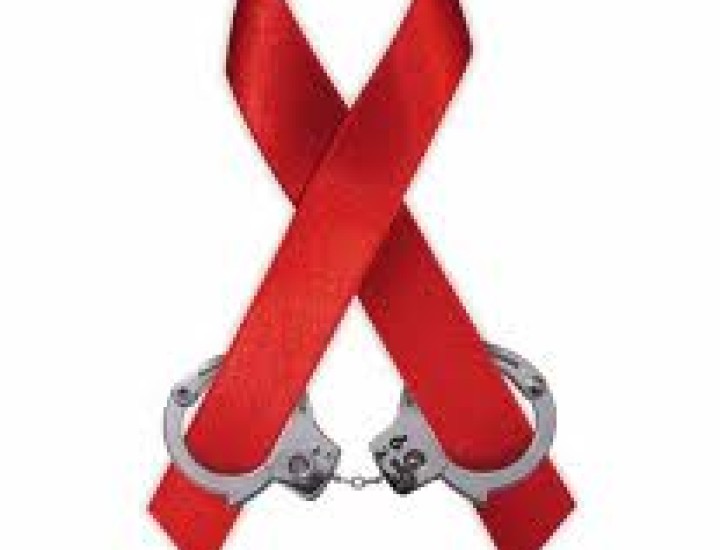Statement in Response to Iowa Bill SF 2297 and the Criminalization of HIV, Hepatitis, Meningococcal Disease and Tuberculosis (May 1, 2014)
A bill, SF2297, relating to the transmission of HIV, hepatitis, meningococcal disease, and tuberculosis passed unanimously in the Iowa House on May 1, 2014. The bill passed the Iowa Senate in February, and will now go to Governor Terry Branstad.
The Center for HIV Law and Policy (CHLP) acknowledges the hard work that community advocates are doing to modernize HIV criminal laws in Iowa and across the country. These efforts are the heart and soul of the HIV decriminalization movement.
There are significant improvements that SF2297 makes to Chapter 709C, Iowa's draconian HIV-specific criminal law:
· It provides a defense for defendants who take "practical means to prevent transmission.”
· It strengthens the prior law’s standard for determining “intent.”
· It reduces penalties in cases where there is no evidence of HIV transmission.
· It eliminates the sex offender registration requirement both for future defendants and for those previously convicted under the current Iowa HIV law.
These provisions significantly improve the lives of dozens of Iowans living with HIV who have been targeted and convicted under its HIV criminal law.
Unfortunately, SF2297 is not model legislation, and other states should recognize its serious shortcomings:
· The bill classifies intentional transmission of HIV and, for the first time, hepatitis, meningococcal disease, and tuberculosis, as class B felony punishable by up to 25 years imprisonment, a penalty that is grossly out of proportion to current understanding of what it means to live with any of these diseases today.
· The creation of new felony offenses for hepatitis, meningococcal disease, and tuberculosis – all poorly understood, stigmatized conditions – is likely to have a disproportionate impact on marginalized communities with limited political capital.
· Intent to transmit that does not result in actual transmission of any of these diseases is treated as a class D felony punishable by up to 5 years imprisonment.
· The bill expands the original law’s focus on “intentional exposure” to include “reckless” transmission or exposure.
Dialogue on difficult policy decisions must include representatives of all communities affected by these decisions, and space for disagreement rooted in careful consideration of the facts. This dialogue, as with any involving HIV and stigmatized infectious disease, also must include a racial and economic justice analysis. In this case, an improvement for people living with HIV in Iowa represents a substantial worsening of the treatment of meningococcal disease, hepatitis and tuberculosis, and would represent a significant setback in many states. Immigrants, who bear much of the burden of tuberculosis in this country, should not have to confront the additional specter of criminalization of an airborne disease that disproportionately affects them.
The Iowa bill should serve as a catalyst for deeper dialogue on ways to secure more justice in the criminal justice system for PLWH that considers the interests of all communities routinely targeted on the basis of stigmatized identity.

